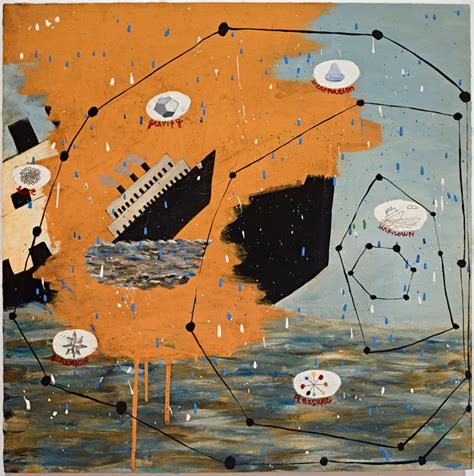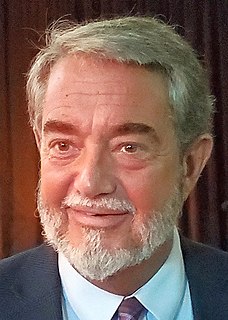A Quote by Yasmin Mogahed
Many of us rely on our own illusion of control. But when God makes it known to you that you're not the one steering the ship, be thankful. He has removed the illusion, and forced you to rely only on Him.
Related Quotes
Plato spoke of the necessity for divine madness in the poet. It is a frightening thing to open oneself to this strange and dark side of the divine; it means letting go our sane self control, that control which gives us the illusion of safety. But safety is only an illusion, and letting it go is part of listening to the silence, and to the spirit.
What is illusion? M.: To whom is the illusion? Find it out. Then illusion will vanish. Generally people want to know about illusion and do not examine to whom it is. It is foolish. Illusion is outside and unknown. But the seeker is considered to be known and is inside. Find out what is immediate, intimate, instead of trying to find out what is distant and unknown.
In the beginning was belief, foolish belief, and faith, empty faith, and illusion, the terrible illusion. ... We believed in God, had faith in man, and lived with the illusion that in each one of us is a sacred spark from the fire of the shekinah, that each one carried in his eyes and in his soul the sign of God. This was the source—if not the cause—of all our misfortune.
Trusting God means transferring our confidence and hope from ourselves to him, acknowledging that we have no ability in ourselves to live in a way that pleases him. Only he can change us by the power of his Spirit in us. This trust is manifested in a context of obedience in our lives to the biblical mandates God calls us to pursue. Training means acting upon that trust by doing things that help us rely upon God more and live out his desire for us.
I'm an atheist, and the concept of god for me is all part of what I call 'the last illusion.' The last illusion is someone knows what is going on. Nearly everyone has that illusion somewhere, and it manifests not only in the terms of the idea that there is a god but that it knows what's going on but that the planets know what's going on.
Foresight is good when it is subject to the latter, but it becomes excessive when we are in a hurry to avoid something we fear. We rely more on our own efforts than on those of his Providence, and we think we are doing a great deal by anticipating His orders by our own disorder, which causes us to rely on human prudence rather than on his Word.
Our moral reasoning is plagued by two illusions. The first illusion can be called the wag-the-dog illusion: We believe that our own moral judgment (the dog) is driven by our own moral reasoning (the tail). The second illusion can be called the wag-theother-dog's-tail illusion: In a moral argument, we expect the successful rebuttal of an opponent's arguments to change the opponent's mind. Such a belief is like thinking that forcing a dog's tail to wag by moving it with your hand will make the dog happy.

































